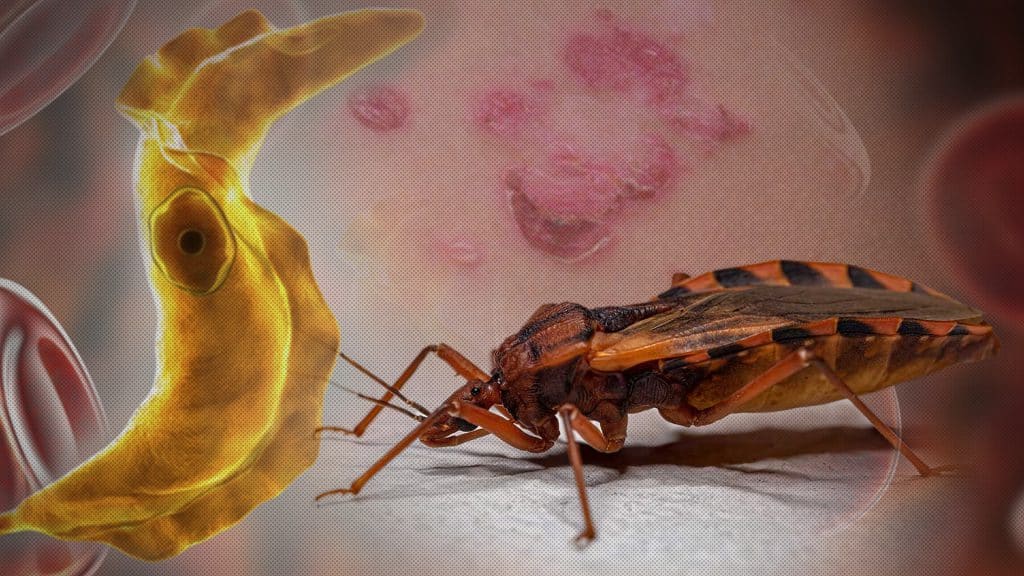
Chagas is a tropical disease that is transmitted by an insect and without treatment can cause serious heart and digestive problems and even death.
Every April 14 is the World Chagas Disease Day, which is a disease transmitted by the Triposonoma cruzi parasite that mainly affects poor populations.
The Chagas disease is considered as a “silent disease” because it affects the poorest population on the planet, specifically, people who do not have any access to medical care.
Most Chagas disease symptoms are silent, which means people who suffered it do not present any clear symptom that is why it is important to have a diagnosis. This disease works slow and it can lead to serious complications.
According to the World Health Organization, is estimated that there are between 6 and 7 million people infected worldwide and this occurred in endemic areas in Latin American countries, where it is transmitted to humans and other mammals mainly through the feces or urine of vinchucas, or chinches.
More about: Ghana becomes the first country to approve Oxford Malaria vaccine
The objective of the Chagas Disease day was proclaimed by the International Federation of Associations of People Affected by Chagas Disease and it is to give visibility to neglected tropical diseases and encourage states to control them to avoid affect poor people.





